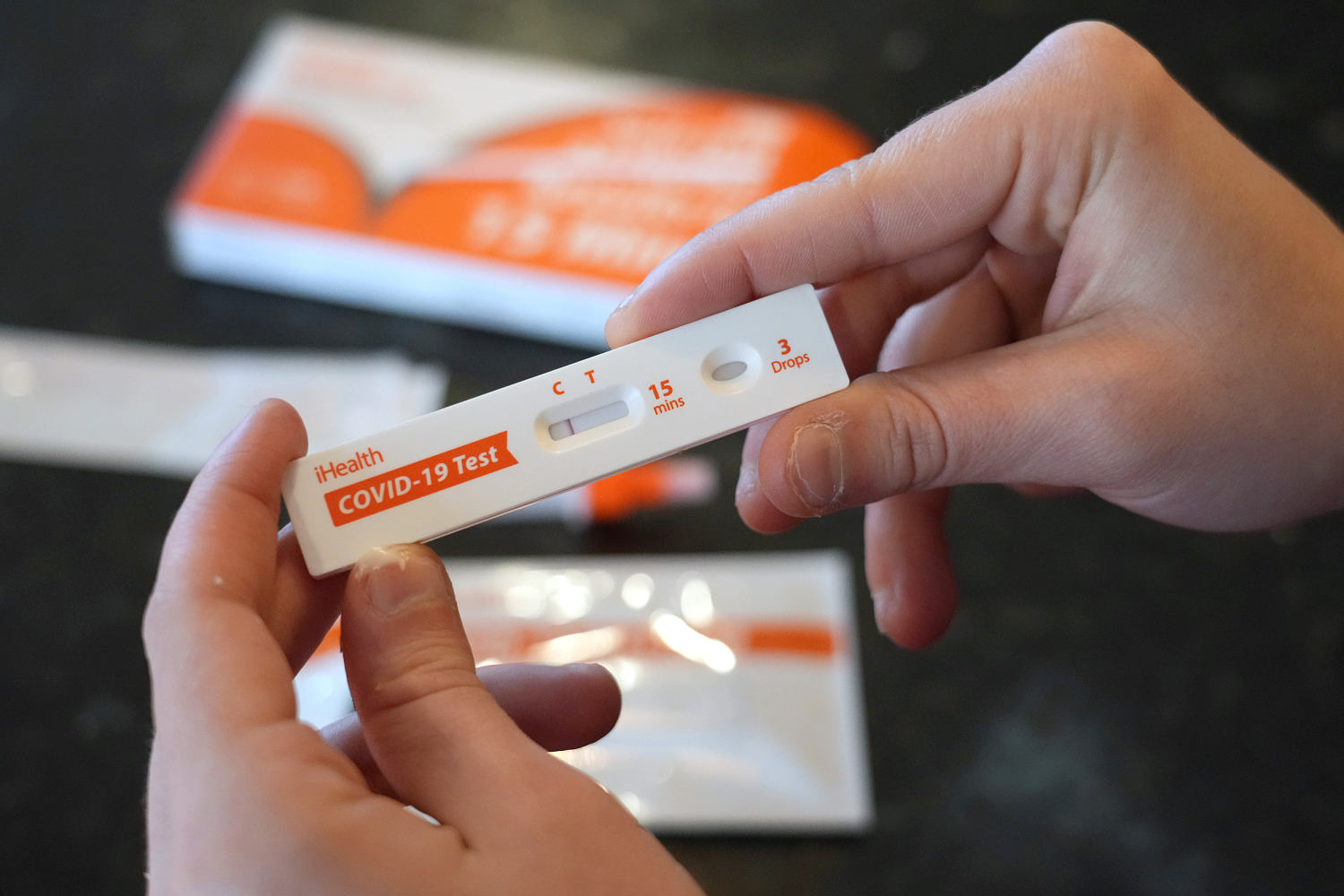
The United States is currently experiencing a surge in COVID cases, largely due to the JN.1 variant. While this variant may not cause more severe symptoms, many people are wondering if they still need to get tested and how accurate at-home rapid tests are. Here’s what you should know:
Do I Still Need to Take a COVID Test?
With influenza and other cold viruses circulating alongside COVID, it’s important to know which virus you have, especially if you’re at a higher risk of severe illness. Different viruses require different treatments, and getting tested early can lead to better outcomes. Even if you’re young and healthy, knowing if you have COVID can be helpful in case you experience lingering symptoms or live with someone who is immunocompromised. So, testing is still useful for many individuals.
How Does the New Variant Affect Testing?
Experts say that the JN.1 variant should not affect the results of at-home rapid tests. These tests are designed to detect specific parts of the virus that are less likely to mutate. While concerns about test effectiveness with new variants have arisen in the past, current tests should still pick up these variants.
When is the Best Time to Test?
In the early days of the pandemic, a person’s viral load was highest when symptoms first appeared. However, a study from Harvard Medical School found that in individuals with pre-existing immunity, the virus levels peak around the fourth day of symptoms. This means that testing too early may result in a false negative. The Centers for Disease Control and Prevention (CDC) still recommends testing immediately if you believe you’ve been exposed to COVID and are showing symptoms. If you’ve been exposed without symptoms, wait five days before getting tested. Remember, if your symptoms persist, it’s important to repeat the test.
I Tested Positive. Does That Mean I’m Contagious?
At-home rapid tests can help determine if you’re contagious. These tests require a higher level of the virus to turn positive, which usually indicates a higher degree of contagiousness. However, there are limitations to these tests. While they can be reliable proxies for contagiousness in the early stages of the illness, they become less reliable towards the end. Some individuals who test positive may not be contagious anymore. A study from Harvard Medical School suggested that only half of people who test positive after five days are still contagious. So, a positive rapid test doesn’t guarantee ongoing contagiousness.
For the most accurate and up-to-date information, please refer to the official guidance from the CDC. Stay informed, stay safe, and take the necessary precautions to protect yourself and others.
